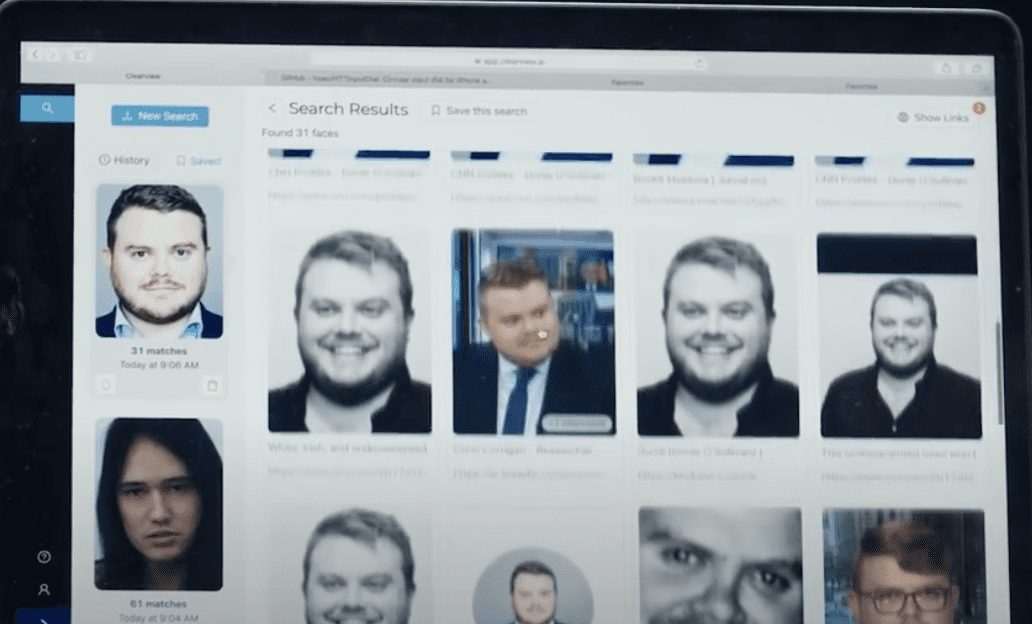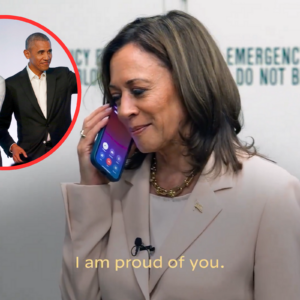They have your face, and not everyone is happy about it. In fact, some have stepped it up and filed a lawsuit.
Clearview AI is accused of collecting data on – wait for it – 3 billion people without their knowledge (and certainly without their permission).
The New York-based firm provides facial recognition services to law enforcement agencies and private companies around the world, but probably isn’t getting a free pass to keep the data.
The lawsuit, filed Tuesday in Alameda County Superior Court in the Bay Area, says Clearview violates California’s constitution.
The database was built by scraping sites such as Facebook, Twitter, Google and Venmo. It’s bigger than any other known facial-recognition database in the U.S., including that of the FBI – it’s seven times larger than the FBI’s.
The plaintiffs are civil liberties activists and the groups Mijente and NorCal Resist, who put forth the idea that Clearview AI “engages in the widespread collection of California residents’ images and biometric information.”
Clearly, the plaintiffs believe there is an inherent danger in one company owning so much data.
“Clearview has provided thousands of governments, government agencies, and private entities access to its database, which they can use to identify people with dissident views, monitor their associations, and track their speech,” the lawsuit contends, adding that the images scraped include individuals and their family and friends as well as those inadvertently captured in the background of strangers’ photos.
The lawsuit includes a disturbing allegation, too, that the company also offers its services to law enforcement even in cities that ban the use of facial recognition.
But…
“Clearview AI complies with all applicable law and its conduct is fully protected by the First Amendment,” said a company statement from attorney Floyd Abrams.


















Add comment